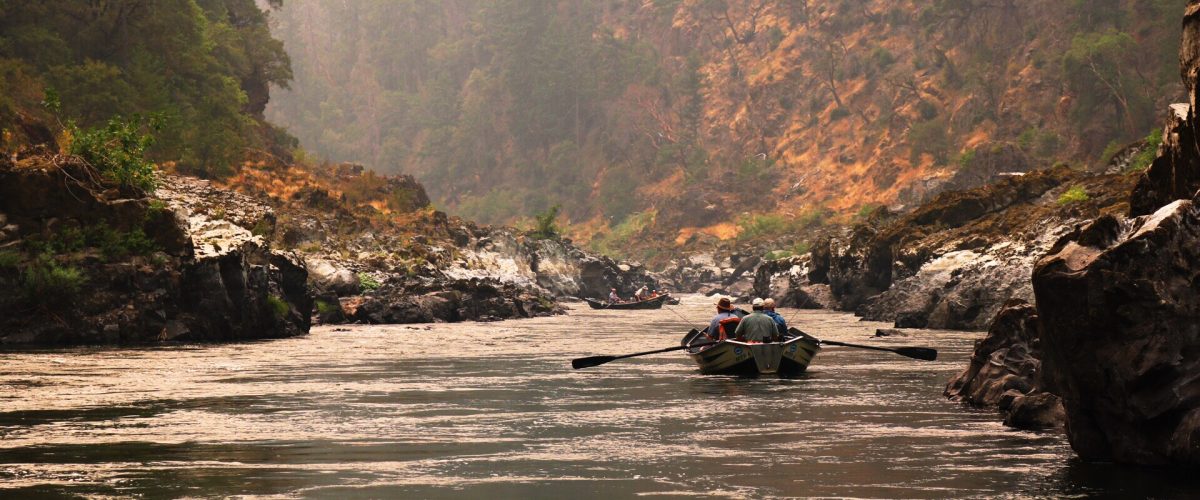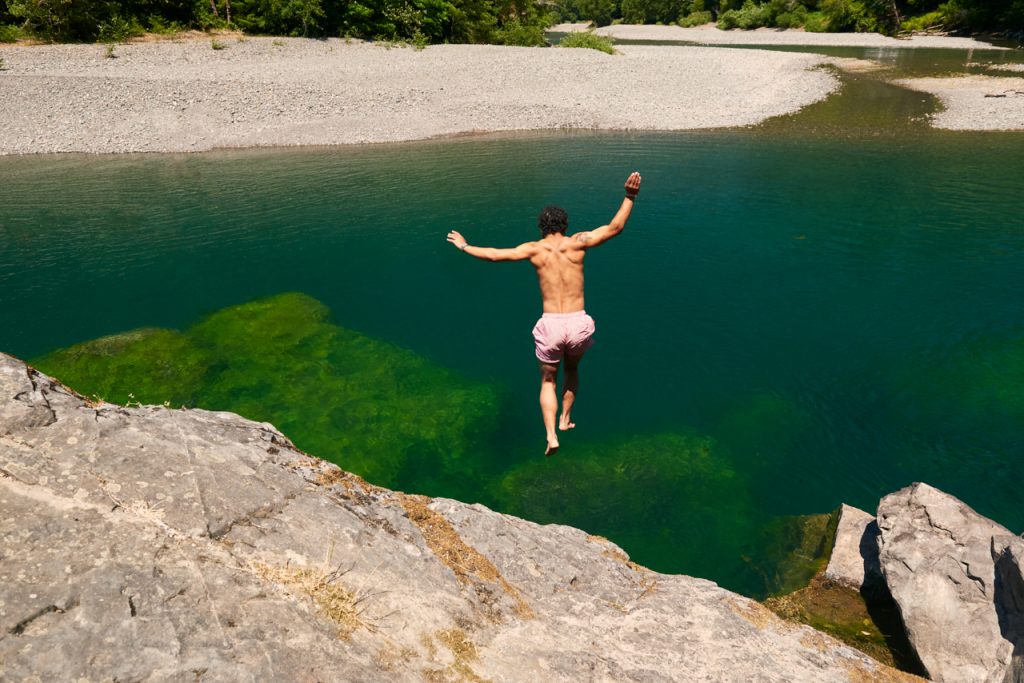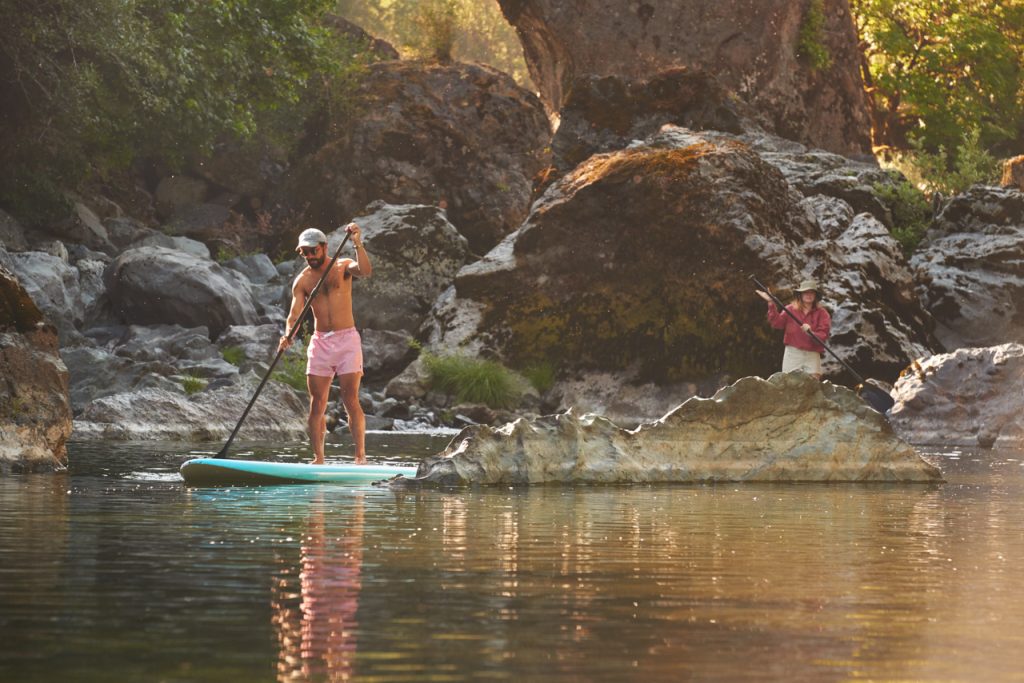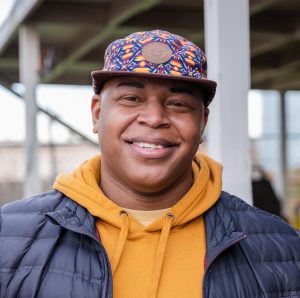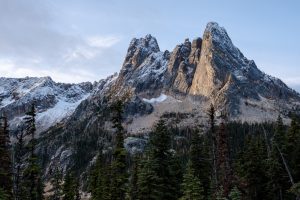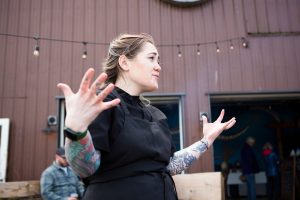
Chef Sara Harvey, A Wild Woman of Hood Canal
Sara Harvey is an oyster farmer and the executive chef at Alderbrook Resort & Spa in western Washington. Her passion for high-quality local ingredients fused with a direct connection to Puget Sound’s natural environments is as inspiring as it is delicious.

